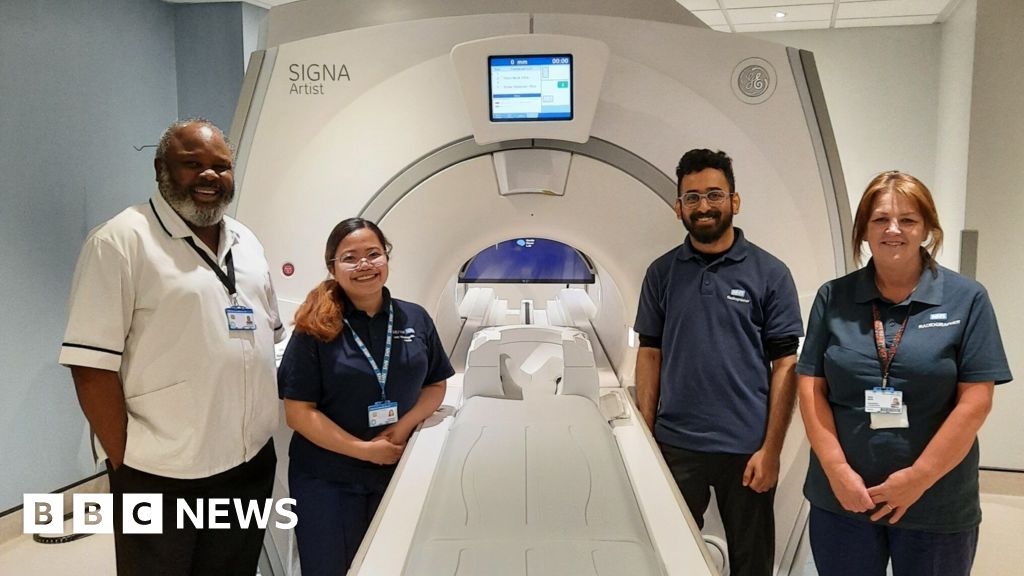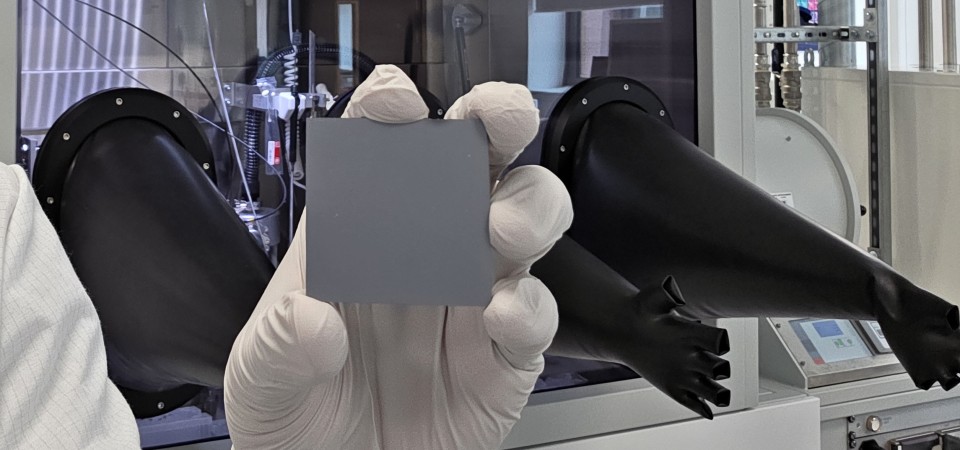AI Revolution in Hull Hospitals: Faster MRI Scans Mean More Patients Seen

Hull Hospitals Embrace AI to Slash MRI Scan Times and Boost Patient Access
Hospitals in Hull are experiencing a significant boost in efficiency and patient access thanks to the implementation of cutting-edge Artificial Intelligence (AI) technology. Staff at NHS hospitals in the region have reported a dramatic reduction in MRI scan times, enabling them to see and treat more patients than ever before. This advancement is a welcome development in a healthcare system often grappling with long waiting lists and resource constraints.
The key to this transformation lies in the innovative software adopted by Hull University Teaching Hospitals NHS Trust. This software utilizes sophisticated algorithms designed to minimize background noise within MRI scans. Traditionally, a considerable amount of time is spent ensuring image clarity and minimizing interference. However, the AI-powered software intelligently filters out extraneous noise, resulting in significantly sharper images in a considerably shorter timeframe.
How AI is Changing the Game
The impact of this technology extends beyond simply speeding up the scanning process. The improved image quality allows radiologists to make more accurate diagnoses, leading to better treatment plans for patients. Furthermore, the reduced scan times free up valuable resources, allowing hospital staff to focus on other critical areas of patient care.
“We’re thrilled with the results we’ve seen since implementing this AI technology,” said a spokesperson for Hull University Teaching Hospitals NHS Trust. “It's not just about getting scans done faster; it’s about improving the quality of those scans and ultimately enhancing the care we provide to our patients. This is a prime example of how technology can be leveraged to address challenges within the NHS.”
Looking Ahead: AI's Role in the Future of Healthcare
The success of this AI implementation in Hull hospitals serves as a compelling case study for other healthcare providers across the UK and beyond. As AI technology continues to evolve, its potential to revolutionize various aspects of healthcare is undeniable. From diagnostics and treatment planning to patient monitoring and administrative tasks, AI is poised to play an increasingly vital role in shaping the future of healthcare delivery.
This adoption highlights a broader trend within the NHS to embrace technological advancements to improve patient outcomes and operational efficiency. The hope is that by continuing to invest in innovative solutions like AI, the NHS can better meet the ever-increasing demands of a growing and aging population.
The future looks bright for Hull’s hospitals and their patients, as they continue to harness the power of AI to deliver exceptional care.






